With the world facing multiple crises, the founder of Alison Brooks Architects makes the case for optimism
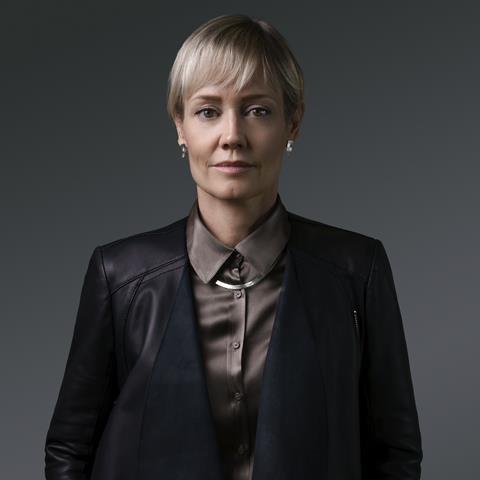
The following unedited commentary by Alison Brooks formed the introduction to a lecture entitled This Is Not A Fake delivered for the Bartlett International Lecture Series on October 23.
I thought I should start by explaining what I mean by this lecture title. I’m sure everyone in this room is aware of the number of crises we’re facing as a society, and as human culture in general.
There is the climate crisis. We’ve finally realised that the artificial division between “human culture” and “nature” carried down through centuries of so-called “human progress” must be reversed. This a huge project that should bring together all of humanity, and in which architecture must play a very big part.
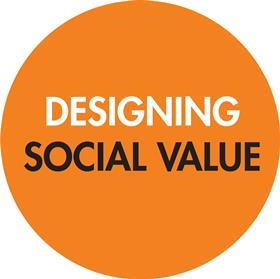
There is the crisis of truth. Facts are manipulated by biases of many kinds, by political, religious, or commercial agendas. What is real? There is even a crisis in the overuse of the word crisis! We are simultaneously becoming immune and over-sensitised to transgressions of behaviour and language, to natural and man-made disasters, to image bombardment that digital communication has enabled.
So where does that leave architecture?
I’d like to put forward a declaration of optimism. That, although we are operating in a maelstrom of information and disinformation, the work of the architect is not a fake.
Problem solving, imagining, detailing, producing instructions for building: these acts although sometimes dream-like are commitments to the real, the solid, the permanent, the instrumental. We are tied to the fundamentals of being: we make places for people to spend time, share experiences, form memories and collectively flourish.
We hope projects and clients will offer us opportunities for poetic licence and, as a result, enrich others’ lives with meaning. We all know this is a privileged role that comes with huge responsibilities to current and future generations, institutions, corporate entities and the planet.
Maybe the most important role that being an architect allows us, within limits, is to express our individual conscience. Architects Declare, that I have signed up to, is fundamentally an expression of conscience. It is a catalyst for change in personal behavior and working practice. Therefore my position is that through our individual expertise, poetic instincts and collective conscience, architects are uniquely able to commit to, and act on, a better common future. We humans are part of the real and natural world and our project, as architects, is to prove it.


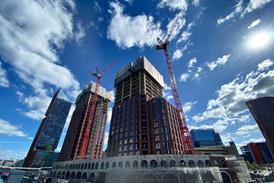
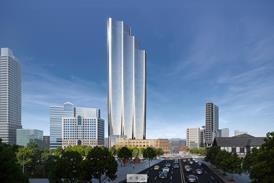
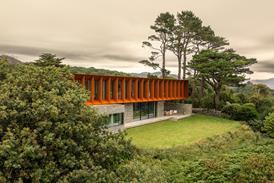
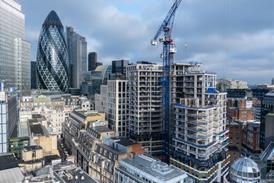










2 Readers' comments